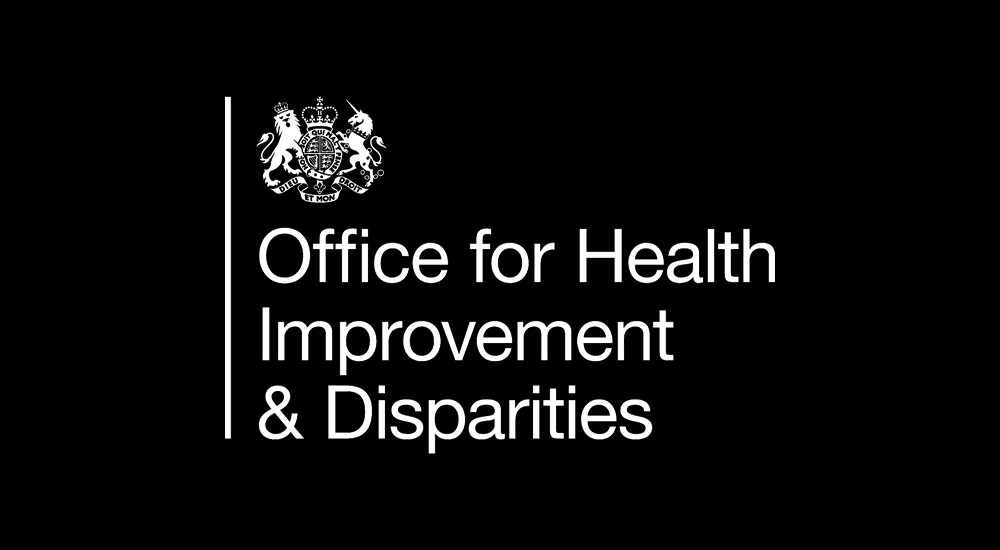New report on the need for gambling disorder treatment published today

Researchers at the University of Sheffield, in collaboration with the University of Glasgow, have conducted a study that sheds light on the prevalence of harmful gambling in England.
The report, "Gambling treatment need and support in England: main findings and methodology", was commissioned by the Office for Health Improvement and Disparities (OHID), and was published today (7 December 2023) on Gov.uk. It estimates that nearly 1.6 million adults in England may require some form of treatment or support for their gambling.
The study, which utilised data from the Health Survey for England and a Delphi consensus survey, identified the types of treatment and support that different groups of people who gamble might need. OHID and the research team grouped the support and treatment available for harmful gambling into six types:
- Brief advice
- Extended brief interventions
- Psychosocial interventions delivered by voluntary sector services
- Psychologist-led CBT
- Intensive residential treatment
- Peer support
The researchers estimated that there are 970,000 adults in England who might benefit from a 'level 2 intensity' treatment, which typically involves two or three sessions of motivational interviewing delivered by gambling-specialist practitioners. Around 243,000 adults might benefit from a 'level 4 intensity' treatment, which typically involves eight to fourteen sessions of psychologist-led cognitive behavioural therapy (CBT) for gambling disorder.
Almost 40,000 adults might benefit from the most intensive type of treatment, which typically involves a 12-week residential treatment programme including one-to-one therapy and group sessions.
Principal Investigator Dr Robert Pryce of the Sheffield Addictions Research Group said:
"We are excited to release the findings of this study and are grateful to those who participated in the consensus survey. The estimates highlight the need for investment in gambling treatment and support services in England. They also demonstrate the variation in need across local authorities, which should be considered when allocating resources for treatment and support services."
If you'd like to discuss the report in more detail please contact sarg@sheffield.ac.uk.
-
Professor John Holmes contributes to major new report outlining actions to tackle alcohol harm
SARG Director Professor John Holmes was part of an expert panel that supported the development of 'A Healthier Future: A long-term vision to tackle alcohol harm in the UK', a significant new report published by the Institute of Alcohol Studies (IAS) this week.
-
SARG researchers present on economic modelling and wastewater surveillance at European Public Health Conference
Two researchers from the Sheffield Addictions Research Group (SARG), Dr Charlotte Head and Dr Esther Chanakira, will showcase innovative local-level tools for policy design, including economic modelling and wastewater surveillance, at the European Public Health (EPH) Conference in Helsinki from 11–14 November 2025.
-
SARG to present latest research on alcohol-free and low-alcohol drinks at SSA Annual Conference 2025
Researchers from the Sheffield Addictions Research Group (SARG) are set to present their latest findings on alcohol-free and low-alcohol drinks at the Society for the Study of Addiction (SSA) Annual Conference 2025.
-
New SARG report details alcohol-related health and financial burden in Northern Ireland
The Sheffield Addictions Research Group (SARG) has published new analysis estimating the substantial health and financial toll of alcohol consumption in Northern Ireland, using the most recent available post-pandemic data.
You might also be interested in…
-
Gambling
The Sheffield Addictions Research Group is actively engaged in emerging areas of gambling research, seeking to understand and address the complex issues surrounding addiction and public health.
-
SARG team highlights alcohol and gambling research at the Festival of Social Science
The Sheffield Addictions Research Group (SARG) recently took part in the ESRC Festival of Social Science by hosting an interactive activity stand in Sheffield's Moor Market.
-
SARG success at SSA Annual Conference 2023
PhD student and SARG team member Anna Butters was awarded the prize for the best overall student poster at this year's Society for the Study of Addiction (SSA) Annual Conference which took place in Newcastle in November 2023.
